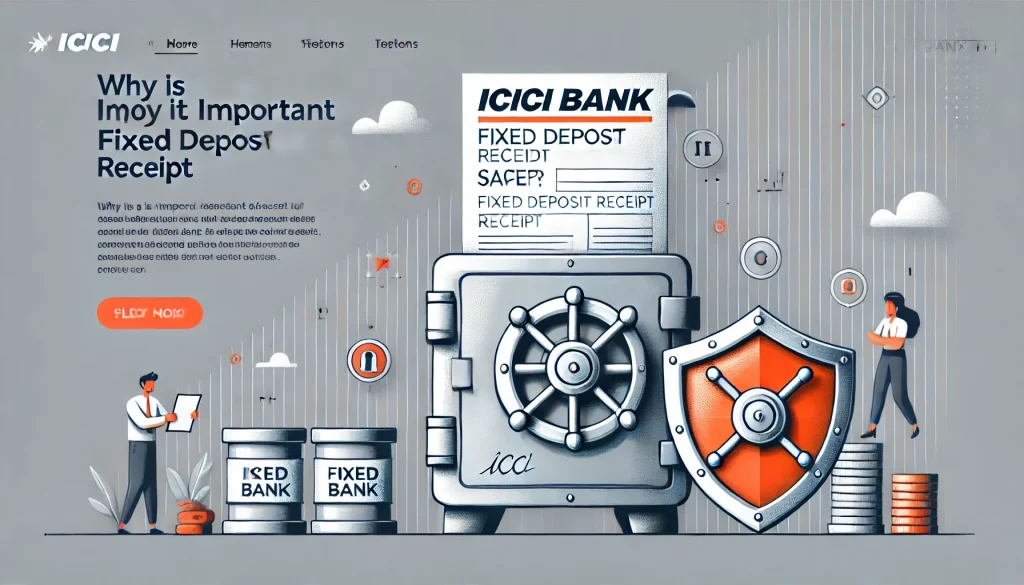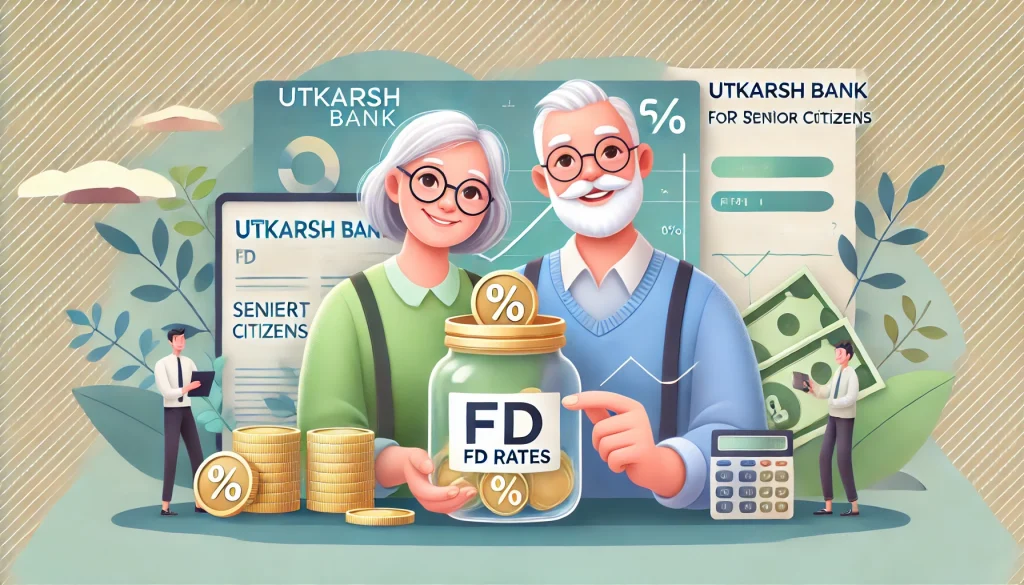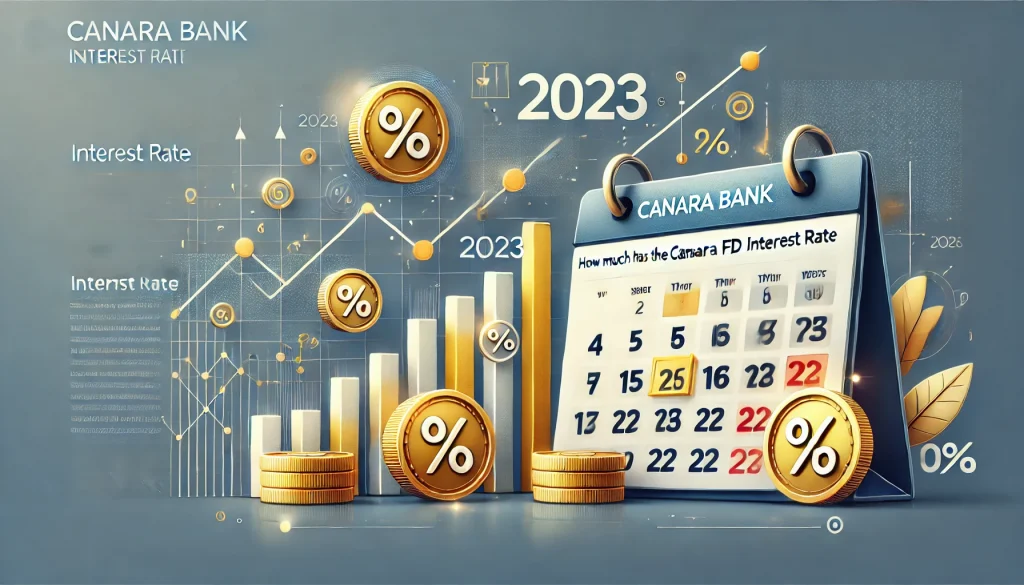
Securing your child’s future is essential in today’s fast-paced world. One way to ensure financial stability for your children is by investing in Fixed Deposits (FDs). Fixed Deposits are a popular and secure investment option that provides guaranteed returns over a specified period. In this comprehensive guide, we will delve into the realm of Fixed Deposits for minors, exploring various schemes, benefits, and the process of setting up an FD account tailored for your children’s future.
Fixed Deposits are a tried-and-tested investment instrument known for their low-risk nature and stable returns. They are an attractive choice for parents and guardians looking to secure their children’s financial future.
Types of Fixed Deposits for Minors
When it comes to Fixed Deposits for minors, there are several specialised schemes designed to cater to their unique needs. Let’s take a closer look at some of these schemes:
1. PNB Balika Shiksha Scheme
This scheme, offered by Punjab National Bank (PNB), focuses on empowering the girl child by providing a higher interest rate on FDs. It encourages parents to invest in their daughters’ education and future endeavours.
2. Allahabad Bank Sishu Mangal
Allahabad Bank’s Sishu Mangal scheme aims to secure children’s financial future. It offers competitive interest rates and flexible tenure options, making it an excellent choice for parents seeking to invest in their child’s education or other milestones.
3. Guardian Associated Scheme
Under this scheme, parents or legal guardians can open an FD account on behalf of a minor. This enables them to manage the account until the child reaches the age of majority. It’s a flexible option allowing guardians to contribute to the child’s future financial needs.
Why Should You Consider an FD for Your Child?
Opening an FD for your child comes with a range of advantages. Firstly, it instils financial discipline and savings habits from a young age. Moreover, FDs offer competitive interest rates and stable returns with the security of the principal amount. This makes FDs an attractive option for parents looking to steadily grow their child’s wealth.
How Do FDs for Minors Work?
FDs for minors operate similarly to regular FDs. A parent or guardian can open the account on behalf of the child, acting as the custodian until the child reaches a certain age, usually 18 or 21. The interest earned is either reinvested or paid out periodically, contributing to the growth of the FD.
The Benefits of FDs for Minors
- Stability: FDs are renowned for their stability, making them an ideal option for securing a child’s future.
- Low Risk: FDs carry minimal risk, ensuring that your child’s savings remain protected.
- Compounded Growth: The power of compounding allows your child’s savings to grow substantially over time.
- Financial Education: FDs provide an excellent platform to teach your child about investments, interest, and financial planning.
How to Book FD for Children?
Booking an FD for your child is a straightforward process. Here’s a step-by-step guide:
- Step 1 – Select a Bank: Choose a bank that offers attractive FD schemes for minors.
- Step 2 – Choose the Scheme: Decide on the specific FD scheme that aligns with your child’s future goals.
- Step 3 – Fill out the Application Form: Fill out the application form for opening an FD account for minors.
- Step 4 – Provide Documents: Submit the necessary documents, including the child’s birth certificate and the guardian’s identification.
- Step 5 – Deposit Amount: Deposit the desired amount in the FD account.
Eligibility Criteria for Opening a Fixed Deposit for Your Child
All the Banks and NBFCs have some set of eligibility criteria for opening a Fixed Deposit account for minors. Here are the basic criteria:
- Indian Resident
- Non-Indian Resident (NRI)
- Hindu Undivided Family (HUF)
- Societies & Clubs
Documents Required for Opening a Fixed Deposit for Your Children
When opening an FD account for your child, you will need to provide the following documents:
- Birth certificate of the child
- Passport-size photographs of the child and guardian
- Proof of identity and address of the guardian
- PAN card details of the guardian
How to Withdraw Fixed Deposit for Children?
The child must complete the following conditions to withdraw the Fixed Deposit amount:
- The child must turn 18 years old
- Have successfully completed class 10th board exams
Once you have met the following criteria, you can visit the bank or fill an online application form to withdraw your FD amount.
Conclusion
Securing your child’s financial future is a crucial responsibility, and considering an FD for minors can be a strategic step in that direction. By choosing the right FD, educating your child about financial literacy, and fostering good financial habits, you lay the foundation for their lifelong financial success.
FAQs
The bank might set a minimum deposit requirement, varying from one institution to another.
Yes, you can open multiple FDs for the same child across different banks as long as the total investment does not exceed the permissible limit.
Yes, the interest earned is taxable as per prevailing tax laws. However, some banks offer tax-saving FDs with exemptions.
Yes, you can change the nominee by following a specific procedure as outlined by the bank.
Premature FD withdrawals are usually allowed, but they might come with a penalty and lower interest payout.
No, a minor cannot operate the account directly. A guardian must manage the account until the child reaches the age of majority.
Disclaimer
This article is solely for educational purposes. Stable Money doesn't take any responsibility for the information or claims made in the blog.


